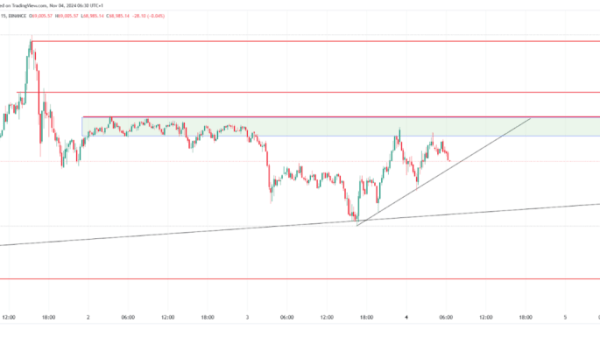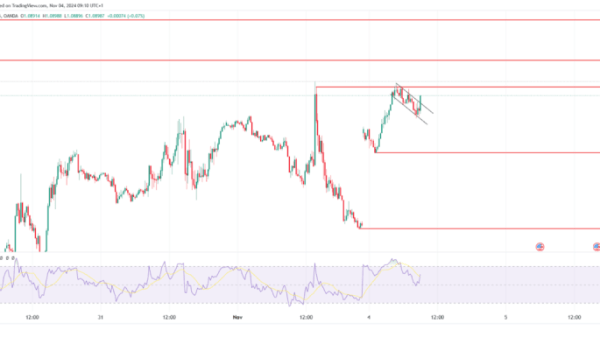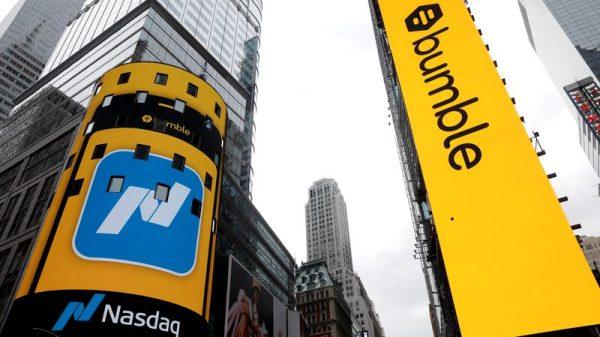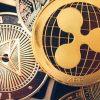SYDNEY (Reuters) – Australia’s top central banker said on Thursday it was hard to judge the inflation implications of the U.S. election for Australia at this stage, but policymakers would be watching closely and responding as necessary.
Appearing before lawmakers, Reserve Bank of Australia Governor Michele Bullock said the central bank had not yet changed its outlook for inflation, which is only expected to return to its target band sustainably in 2026.
“We cannot be setting policy on the basis of things that could happen or might not happen,” Bullock said. “I think we have to wait and see what actually does happen in terms of these events and respond as necessary.”
Former U.S. President Donald Trump will return to the White House with ambitious plans for broad import tariffs and additional tax cuts that analysts see delivering a short-term boost to the U.S. economy, but also higher inflation and larger budget deficits.
When asked whether Trump’s policies would mean higher interest rates for longer in Australia, Bullock said she did not have a view on that.
Australia’s central bank has held its policy steady for a year, judging the current cash rate of 4.35% – up from the 0.1% during the pandemic – is restrictive enough to bring inflation to its target band of 2-3% while preserving employment gains.
Headline inflation slowed to 2.8% in the third quarter, back in the target band for the first time since 2021, but that was mostly due to government rebates on electricity bills.
But underlying inflation came in at 3.5%, still some distance above the mid-point of the target, leading the central bank to maintain its hawkish rhetoric, saying it is not ruling anything in or out on policy.
Swaps imply the first easing is most likely to come in May next year, lagging other major economies.
Bullock said the central bank had yet to do very explicit scenario analyses on what a Trump presidency means for monetary policy because things could go different directions.
“It might be inflationary in some ways, but it might be deflationary other ways if China ends up badly affected by this,” Bullock said.







































